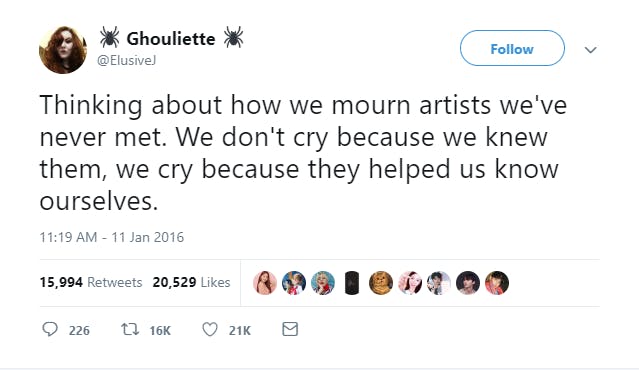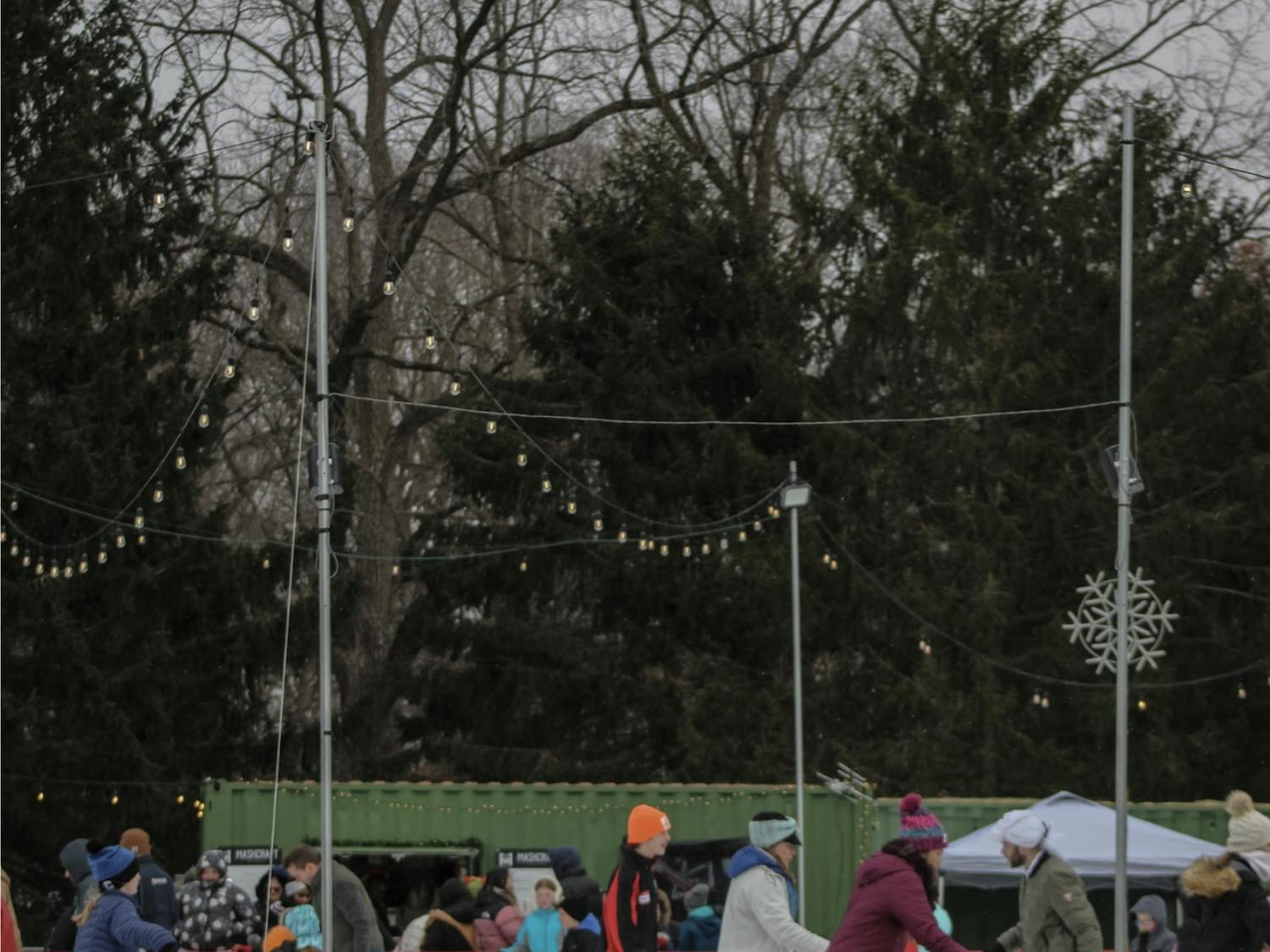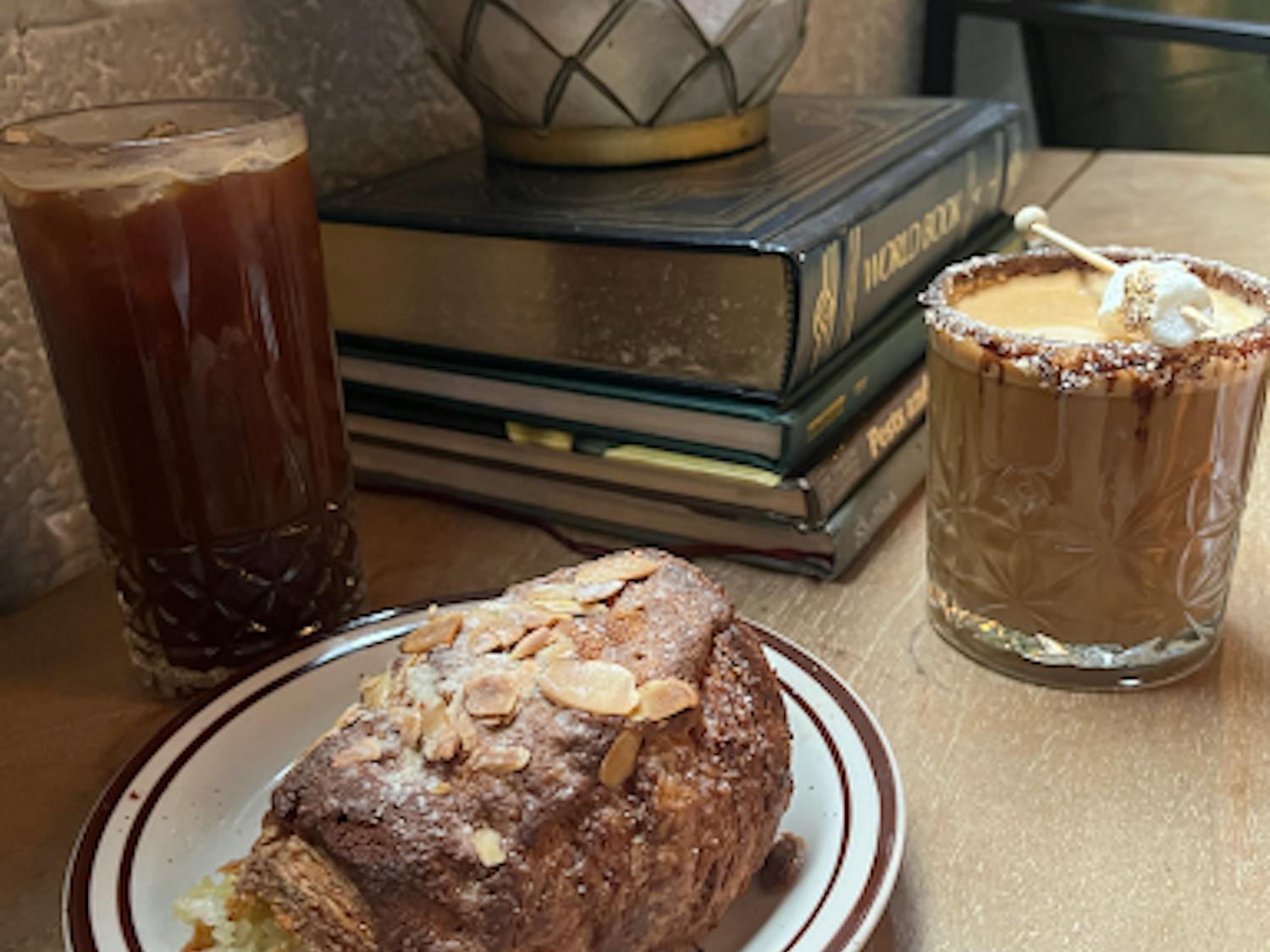For four decades, Tom Petty and the Heartbreakers toured the world, sold more than 33 million albums in the United States alone and recently wrapped up their 40th Anniversary tour.
After fronting one of the most recognizable American bands in modern history, Tom Petty died at the age of 66 after going into full cardiac arrest in his Malibu home on Monday, October 2nd.
During my first attempt at writing this piece, I was aiming for a hard news story. What I found, however, is that I may have well just copied and pasted every tribute and memorial piece written for Petty in the hours since his death was announced.
After David Bowie died, I came across a tweet that read “We don’t mourn artists because we knew them, we mourn them because they helped us know ourselves.” As it did with the death of The Thin White Duke, which I’m still trying to completely get over, that tweet perfectly sums up feelings towards the loss of Tom Petty.

Like many young Hoosiers, I first heard of Tom Petty because of the track “Mary Jane’s Last Dance.” As a kid, was it the lyrical depth of the song that got me hooked to it? Was it the rhythm guitar and impressively played harmonica? No. It was the mere mention of Indiana. That was pretty much all it took to make the song, which is a well written tune, a staple of every Indiana bonfire and corn hole tournament since it’s release.
Beyond that, I knew the tracks that are played often on the radio, and that about summed up my knowledge of Tom Petty until I was around 14.
It wasn’t until early high school, when I, as an avid George Harrison fan, found The Traveling Wilburys that something about Petty clicked with me. I couldn’t figure out exactly what it was. His offbeat humor in their music videos, his peculiar yet somehow captivating voice, and his guitar playing were all intriguing. It wasn’t until I dug deeper into his solo work and The Heartbreakers discography that I finally figured out what it was:
His lyrics.
There are few artists that come to mind that are able to tell stories quite like Tom Petty. In my book, he is among the ranks of Bob Dylan and Bruce Springsteen. Even stories that I was unable to relate to, I was able to empathize with, thanks to Petty’s knack for lyricism.
It seems that for every situation in life: new love, love lost, aging, coming to terms with mortality, and so on, there is a Tom Petty song that describes it in perfect detail. While sometimes simple, his lyrics convey a deep wisdom about the human condition, good or bad.
For me-and based on the social media tributes I’ve seen, many others- Petty’s most powerful song was “Learning to Fly,” off of the 1991 album Into the Great Wide Open. Personally, as adolescence turned into adulthood, the track served as a reminder that life is a balance between good and bad. “What goes up/must come down.” The song got me through anxiety about high school graduation, difficult decisions that went into deciding on a college and an extreme brush with depression.
https://www.youtube.com/watch?v=s5BJXwNeKsQ
Musicians, with their craft, often play a large role in helping people through difficult times. In some situations, this can lead to musicians feeling less like strangers singing to us from a stage, and more like friends sharing parts of your life, the good times and the rough times. Tom Petty is no exception.
Take the crowd at (what was then called) Klipsch Music Center in May of this year, for example. Petty and The Heartbreakers played a sold out crowd, and as lighters and cellphones filled the sky during renditions of “Free Falling,” “Wildflowers,” and of course, “Mary Jane’s Last Dance,” emotions from people all around me were palpable. These songs meant something, probably something different, to every person. The woman next to me cried during “You Don’t Know How it Feels,” I cried during “Learning to Fly.” We didn’t ask each other about it, we just understood and respected that it meant something to each of us. That’s the power of music.
It’s difficult to write this tribute so soon after seeing Petty perform on stage. With the exception of Springsteen, I have never been to a show that was that high energy, or one where I knew every song in a two hour set. (That speaks more to Petty’s talents as a songwriter than anything else.) Seemingly after every song, Petty thanked the crowd for being there, and the crowd thanked him in return for sharing what he loved.
For 40 years, Tom Petty shared his talents with music lovers, creating the soundtrack for key moments in people’s lives. It is difficult to imagine the American music landscape had Petty not been a part of it.
I’ve found that the best way to say “thank you” to a musician who has had such a profound effect on your life is to never stop listening to their work. Your own personal meaning for a song may change over time, and, if you’re anything like me, your favorite album will change from week to week. The thing about death is, it happens to everyone eventually, even if you’re a rock’n’roll legend. Fortunately, music lives on.
That’s power.
So, thank you, Tom Petty, for a lifetime of music for every occasion, and for some of the greatest lessons that I’ve learned through the years. Godspeed, my friend.





